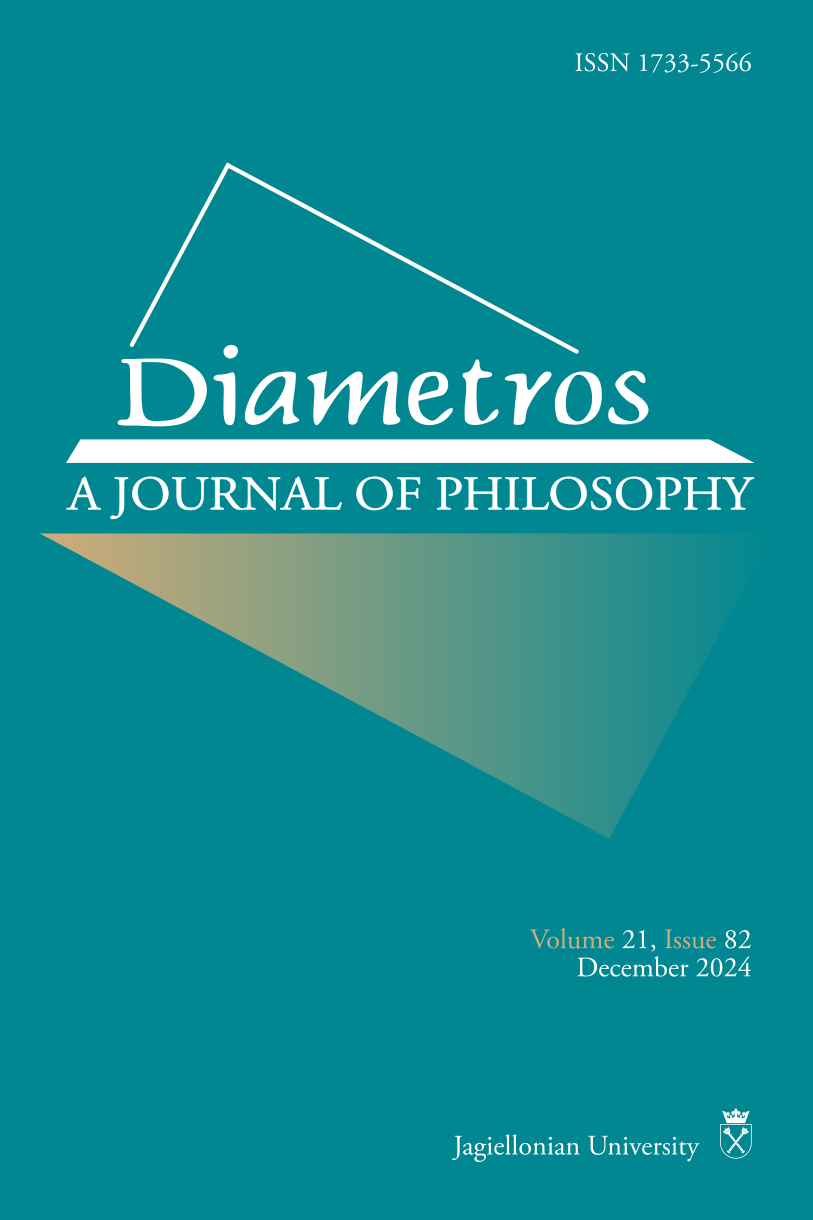Glass Hospitals: Transparency and Trustworthy Interpretation in Medical and Healthcare Expertise
Main Article Content
Abstrakt
In their recent article in this journal, Giubilini, Gur-Arie, and Jamrozik argue that there is more to expertise than individual healthcare professionals’ knowledge of their fields. To be an expert is to be recognized as a credible authority, they explain, and being a credible authority necessitates trust. Among the core ethical principles they identify for trustworthy experts in medicine and healthcare are honesty, humility, and transparency. Here I aim to affirm these authors’ linkage of expertise and trust by decoupling both from a presumptive norm of transparency. My suggestion is not that medical or healthcare experts should lie or deceive, but that articulating their credible authority in terms of transparency mischaracterizes things. We see this in several ways: through the negative epistemic effects of a general norm of expert transparency, the importance of discretion in healthy trust relations, and the need for relationally responsive interpretation in how medical and health experts communicate with different patients and publics across social-epistemic difference.
Article Details
Dział

Utwór dostępny jest na licencji Creative Commons Uznanie autorstwa 4.0 Międzynarodowe.
Teksty zaproponowane do naszego czasopisma nie powinny być nigdzie publikowane przed ukazaniem się w „Diametros”. Wraz z przesłaniem swojego utworu redakcji autor akceptuje, że w momencie zakwalifikowania tekstu do publikacji czasopismo „Diametros” będzie stosowało licencję the Attribution 4.0 International (CC BY 4.0). Na podstawie tej licencji autorzy zgadzają się, że ich prace mogą być zgodnie z prawem ponownie wykorzystywane do jakichkolwiek celów bez konieczności uzyskania uprzedniej zgody ze strony autora lub wydawcy. Każdy może prace te czytać, pobierać, kopiować, drukować, rozpowszechniać oraz przetwarzać, pod warunkiem poprawnego oznaczenia autorstwa oraz oryginalnego miejsca publikacji. Autorzy zachowują prawa autorskie do swoich utworów bez żadnych innych ograniczeń. Pełna informacja na temat licencji CC BY: https://creativecommons.org/licenses/by/4.0/legalcode.
Jak cytować
Bibliografia
Almassi, B. (2022), “Relationally Responsive Expert Trustworthiness,” Social Epistemology 36 (5): 576-585.
Baier, A. (1986), “Trust and Anti-trust,” Ethics 96 (2): 231-260.
Collins, H., Evans, R. (2007), Rethinking Expertise, University of Chicago Press, Chicago.
Douglas, H. (2009), Science, Policy, and the Value-Free Ideal, University of Pittsburgh Press, Pittsburgh.
Elliott, K. (2022), “A Taxonomy of Transparency in Science,” Canadian Journal of Philosophy 52 (3): 342-355.
Giubilini, A., Gur-Arie, R., Jamrozik, E. (2025), “Expertise, Disagreement, and Trust in Vaccine Science and Policy: The Importance of Transparency in a World of Experts,” Diametros 22 (82): 7-27.
Goldenberg, M. (2021), Vaccine Hesitancy, University of Pittsburgh Press, Pittsburgh.
Goldman, A. (2018), “Expertise,” Topoi 37 (1): 3-10.
Intemann, K. (2024), “Value Transparency and Promoting Warranted Trust in Science Communication,” Synthese 203 (2): 42.
John, S. (2018), “Epistemic Trust and the Ethics of Science Communication,” Social Epistemology 32 (2): 75-87.
Johnson, C. (2023), Epistemic Care, Routledge, New York.
Mizrahi, M. (2013), “Why Arguments from Expert Opinion are Weak Arguments,” Informal Logic 33 (1): 57-79.
Potter, N. (2002), How Can I Be Trusted?, Rowman & Littlefield, Lanham.
Turner, S. (2014), The Politics of Expertise, Routledge, New York.
Wilsdon, J., Willis, R. (2004), See-Through Science, Demos, London.
